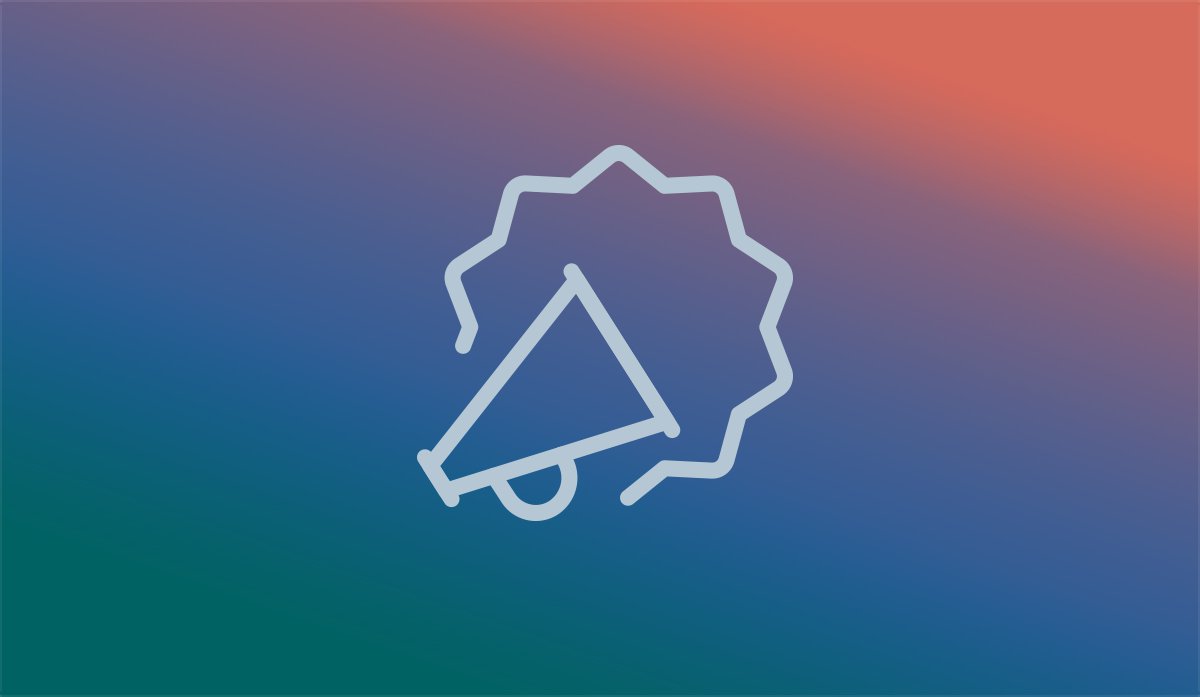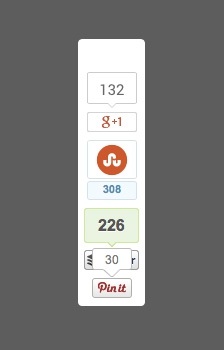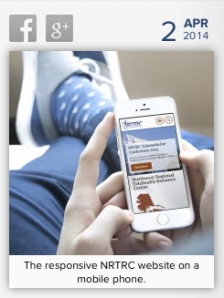
Integrating Social Media for Business


Advertising without benefit?
Websites embedding social media buttons are providing free advertising for Facebook and Twitter. Buttons encouraging you to “like” or “+1” are primarily advertisements — sometimes people will use them, but the interaction doesn't necessarily benefit your brand. Anecdotally, we’ve observed that a “like” on Facebook often goes no further than a friend offering support for their friend’s idea or post. Those “liking” often never even click on the link of the post they liked.
Slowing your website down.
Embedding standard social media buttons such as “like” or +1 can slow your website down considerably as the button loads JavaScript and sends requests to the social network’s servers.
Tracking you and your users.
Facebook and Twitter’s buttons place cookies on your visitors’ computers to track your visitors around the web. This helps social media companies develop a full profile of your visitors and customers’ browsing habits — even if they never click any buttons. By hosting these buttons, you are allowing unaffiliated third parties to spy on your visitors.
Bragging or looking pathetic?
The social media buttons that tout how often your content has been shared on one network or another are a double-edged sword: if few people are sharing your content, you may look desperate or pathetic. If it’s gone viral and has thousands of shares, it may look as though you’re bragging about your popularity.
Using social media buttons wisely.
JTech works with our customers to create purpose-built custom websites that allow you to do business online. Because our websites are a place for you to do business, rather than just a marketing piece, the best practice is to use social networking sites to create links to your website — not the other way around. When we integrate social media into our customers’ websites, we do so in a deliberate fashion that allows for our customers’ content to be shared on social networks and, most importantly, generates links from social media to our customers’ websites.
Because of the way we integrate social networks, they don’t slow your website down —we integrate them in a way that doesn’t include cookies from the social media networks, so your customers aren’t being tracked that way. We invite users to plug your content into their own social network, showcasing your content and allowing the person who shared to add a few words of their own. As compared to a “like” button, sharing does much more to reach the ultimate goal of inviting people to your website, interacting, getting their questions answered and doing business with your company.
Like buttons (and their equivalents on other social networks) are a tool to be used deliberately and with care. As Oliver Reichenstein of Information Architects, a strategic design agency, comments: “It’s not like the number of tweets shows how interesting an article is. It more likely shows the strength of their social media profile.” JTech can help you build a cozy web-based home for your brand through your website and a social yellow brick road that guides the users to that cozy home. Your website is the destination, rather than the beginning of a journey to someone else’s content.

Please join us in welcoming Diego Campos, our Spring 2014 marketing intern. Diego is majoring in Marketing, with a minor in Finance at Montana State University. Born and raised in Mexico City, Diego has spent his last four years falling in love with Bozeman’s beauty and opportunities for outdoor recreation.
Diego will be working closely with Mike Kostrey, our search marketing manager. His organization and attention to detail, as well as his digital marketing knowledge, will assist JTech and our efforts for our clients. Of course, Diego’s skills of analysis aren’t limited to marketing: he’s been playing tennis since he was four years old and is an asset to MSU’s team. Welcome to JTech, Diego!

